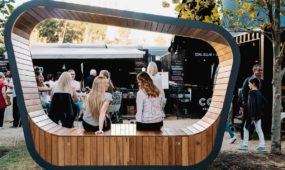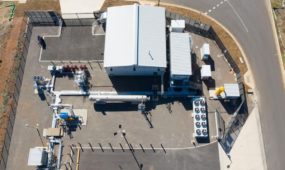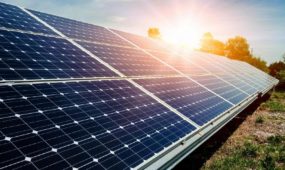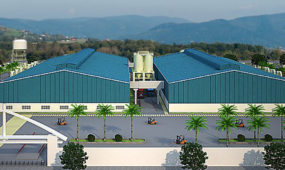Energy platform connects small solar farms with buyers
Renewables
An online platform to connect medium to small-scale solar energy producers with independent electricity buyers will launch in the coming months in South Australia.

Sign up to receive notifications about new stories in this category.
Thank you for subscribing to story notifications.
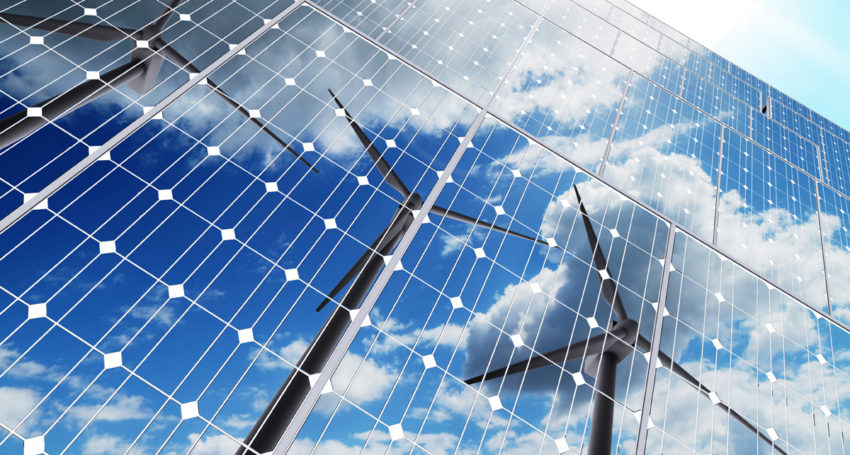
Oxamii, a startup based in Adelaide, South Australia, has developed a system to make it easier for owners of solar arrays producing a minimum of 200 kilowatts to sell power on the spot market.
Founders Aaron Yew, Luke Marshall and Ray Carclaw have secured a number of investors for the online platform and plan to launch before July.
Yew said their aim was to allow customers to be more connected to their energy supplier, such as a famer with a large solar array.
“Up until now customers haven’t been able to have a relationship with their generator or have a relationship with their energy. The system now is basically choosing a retailer and receive a bill,” Yew said.
Their platform connects buyers and purchasers by making Oxamii the agent that monitors energy flows, calculates bills and manages loads for its customers.
Oxamii is targeting farmers who have existing solar energy they want to sell on the market, or farmers looking at gaining a second source of income through establishing a solar farm.
The platform allows producers to sell electricity inside Australia’s National Electricity Market (NEM) to clients at a fixed rate through a power purchase agreement (PAA) – first developed by Google on a multinational level.
The PPA would offer stability and security for both parties against the constantly fluctuating NEM spot market prices.
“We’re going to be partnering with a retailer and we’re going to white label their retail licence,” Yew said.
“A customer would be buying energy from the generator at a fixed-price, so it would be exactly like buying from AGL on a certain tariff. The difference would be the generator.”
Yew said that South Australian producers generating 100kW or more can apply for Large Generation Certificates and access the spot market, while generators producing between 5MW and 30MW can apply for a Small Generator Aggregator’s license.
“The Small Generator Aggregators licence is designed for generators that can sell directly into the spot market. It was designed for these small-scale solar farms to easily sell into the spot market.
“The problem with selling into the spot market is that the prices are variable. That’s why the Small Generator Aggregators licence hasn’t taken off. I think only eight of these licenses have been given out from last year. The uptake wasn’t very big at all.”
Oxamii’s retail licence also offers financial security and a market to sell renewable energy.
Having a PPA allows medium and small-scale farmers to approach a bank for funds to establish a solar array.
Yew said the software would help businesses of any size participate in renewable energy.
“Without Oxamii, small businesses and medium-sized businesses wouldn’t have access to the same mechanisms these multinationals have.
“No companies in Australia are currently allowing businesses to buy this kind of renewable energy from small scale farmers.”
“This also allows them to oversize their solar farms and they can sell any excess electricity directly to other customers.”
South Australia leads the nation in the uptake of wind energy and rooftop solar with renewable sources accounting for more than 50 per cent of the electricity generated in the state.
Yew aims to keep the renewable energy local to help the economy and change the way people think about green energy by making it personal.
“We want to promote local energy with the idea that if the energy is generated locally and bought locally then that money stays within the economy,” he said.
“What our software does is that it allows customers to choose a preference of who they want to buy their energy from.
“There might be a preference of say the local farmer, but then there might be a sports club, or it might be a church. Our platform will help tell these compelling stories, which will allow customers to say ‘you know what? I want to support that farmer’.”
Jump to next article
